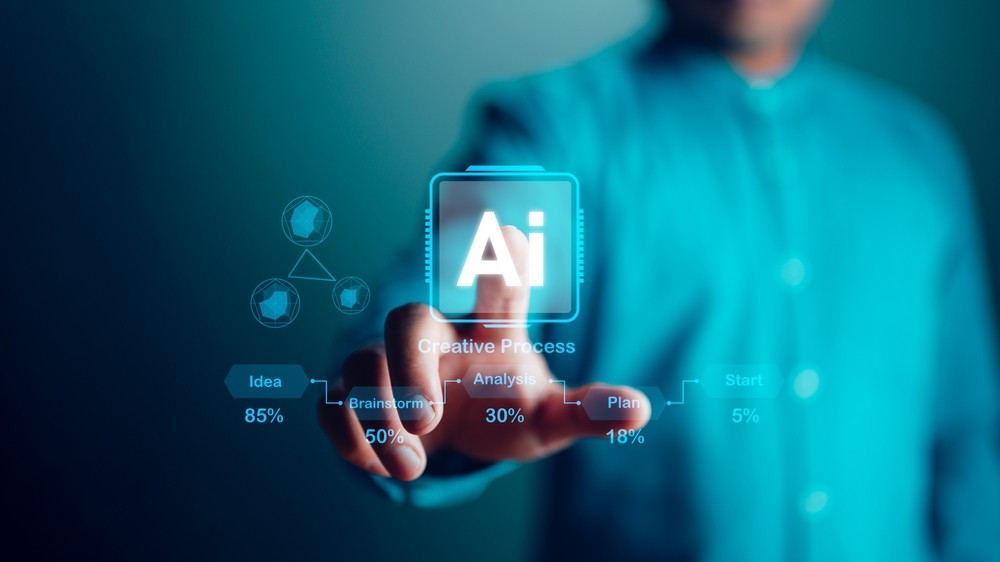The survey also found that the use of AI tools to augment software engineering workflows was the second largest pain point, with 71% of engineering leaders considering it significant or moderate.
The survey of 400 software engineering/application development leaders in the US and UK was conducted from October to December 2024.
“With CEOs identifying AI as the technology that will most impact their industry, interest in offerings like AI agents is driving the most momentum,” said Jim Scheibmeir, VP Analyst at Gartner. “Even with business leaders focusing more on this technology and despite the growing hype, execution is not easy.”
Both emerging vendors and established hyperscalers have developed and continue to enhance their platforms to alleviate the pain points experienced by organisations. Many dozens of emerging and established vendors are operating and innovating in this market. Gartner estimates the current market size of the AI application development platforms market to be $5.2 billion.
“Engineering leaders should opt for AI application development platforms or those with the best ecosystem, rather than a combination of disparate vendors, large language models (LLMs) and AI services,” said Scheibmeir. “This approach enables scaling, reuse and consistency in an area of technology and software engineering that is still very novel.”
AI Assistants and Agents Will Also Affect Software Engineering Talent
Currently, AI agents are acting as a learning peer to software engineers, enabling them to focus on complex as well as creative aspects of software engineering. This is leading to more people entering the engineering role without having the traditional computer science background.
“Bringing in team members from outside of science, technology and math fields, such as design, psychology and the arts, can introduce fresh perspectives and creative problem-solving approaches,” said Nitish Tyagi, Principal Analyst at Gartner. “This diversity can also lead to more innovative solutions and a richer, more inclusive user experience.”
Gartner predicts that GenAI will enable 40% of software team members to come from nontraditional software engineering or technical educational backgrounds by 2028, up from 20% today.
AI won’t be able to replace all software engineering tasks and, at least in the near term, organisations will need to focus on reviewing the output from AI-augmented tools. This leads to the requirement of hiring engineers with strong foundational skills, such as logic building and developing algorithms. People from nontechnical backgrounds, such as design, arts and philosophy, will provide new creative ways to solve logical problems using AI.
“The future will be dominated by composable or fusion product teams that consist of software engineers, UX designers, product managers and even data scientists coming from both technical and nontechnical educational backgrounds,” said Tyagi.
Hiring the right candidates that have GenAI skills will become crucial regardless of their educational background. To achieve this, organisations are quickly moving toward a skill-based hiring approach rather than relying on pure resumes and educational background. They utilise skill assessment and interview platforms to assess the right candidates.
Additionally, they can use AI techniques and skills data to design tailored learning paths for both new and existing employees. The survey also found that 38% of respondents said that using AI for learning a new skill is the most effective technique.







